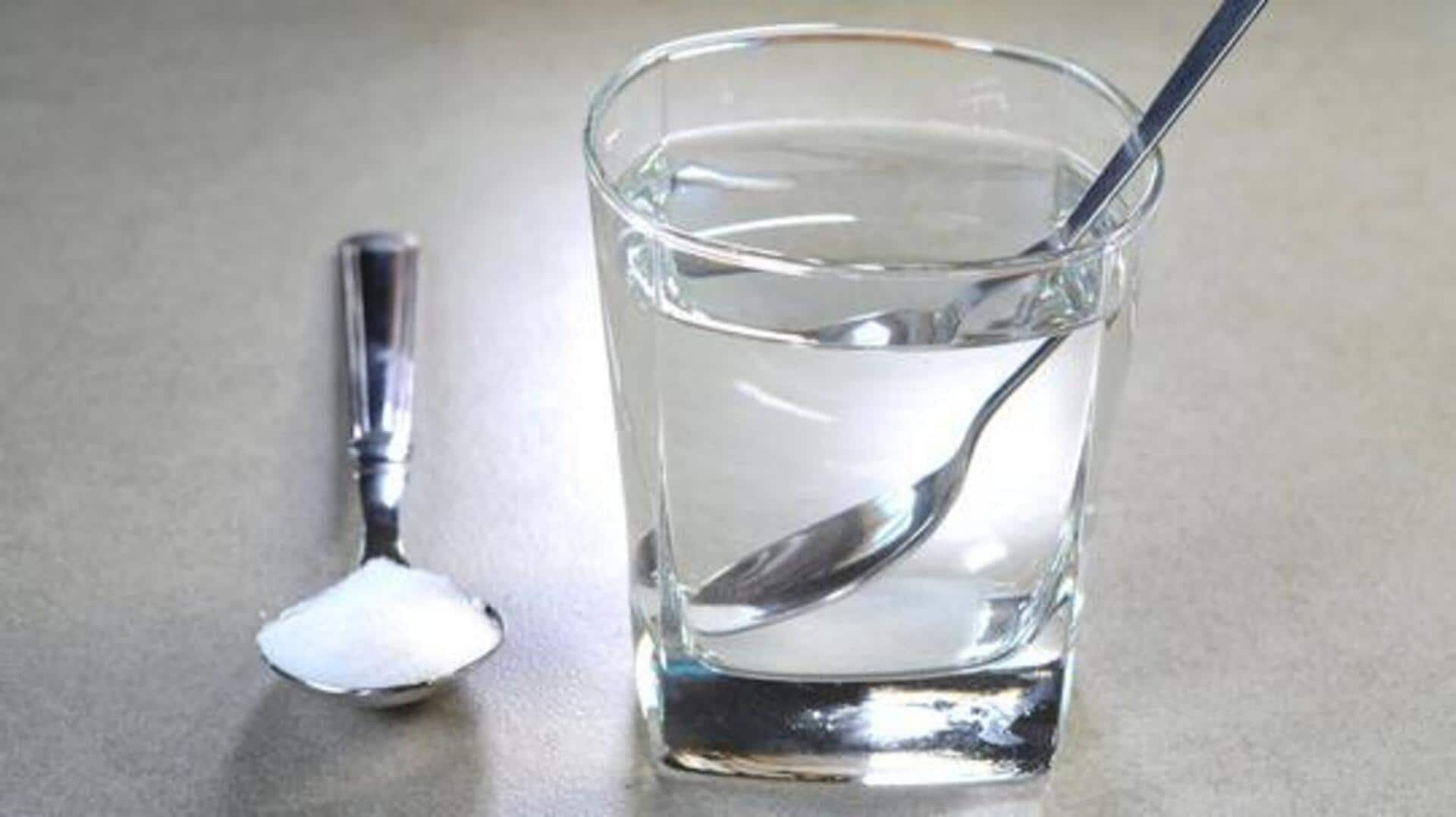
Saltwater for sore throat: 5 myths debunked
What's the story
It is a widely held belief that saltwater can quickly cure a sore throat. Most of us resort to this home remedy, wishing for instant relief. But, it is important to know how this works and whether it really provides the advantages we want. Here, we explore how effective saltwater gargling really is, its effects on sore throats, and what you should know before depending on it entirely.
#1
How saltwater works on throat
Saltwater gargling is said to work by drawing out moisture from swollen tissues in the throat, which may reduce swelling and discomfort. The salt forms a hypertonic solution that can help cleanse the throat area by washing away irritants or bacteria. While it may provide temporary relief, it doesn't directly address underlying infections or causes of a sore throat.
#2
Scientific evidence behind saltwater use
Scientific studies on saltwater gargling are limited but indicate some benefits in reducing symptoms of a sore throat. A study suggested that regular gargling with water could reduce upper respiratory tract infections by 40%. However, these findings don't specifically isolate salt as the active component responsible for healing but rather highlight general hygiene practices.
#3
Limitations of saltwater gargling
While saltwater may provide temporary relief from soreness, it's not a cure-all solution. It doesn't eliminate viruses or bacteria causing an infection and shouldn't replace medical treatments when necessary. Overuse can also lead to dehydration of mucous membranes in the throat, potentially worsening symptoms if done excessively.
Tip 4
Alternative remedies for sore throat relief
In addition to saltwater gargles, other remedies might help relieve sore throat symptoms. Staying hydrated with warm fluids like herbal teas can soothe irritation. Humidifiers add moisture to dry air, which can help relieve discomfort while sleeping. Over-the-counter lozenges or sprays designed for sore throats can also provide temporary relief while treating pain more directly than salt alone might.